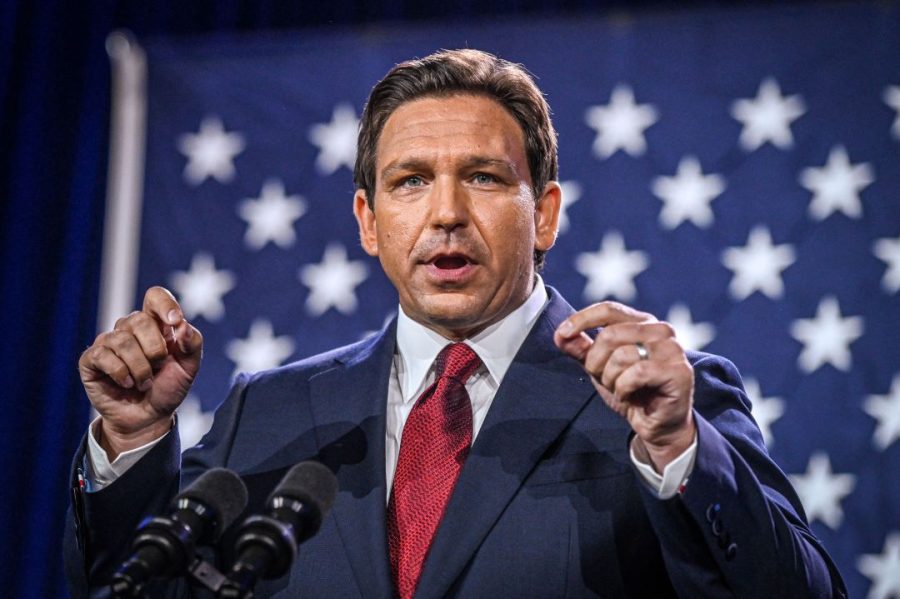In early January, the Florida Department of Education informed the College Board that a new Advanced Placement (AP) pilot course on African American studies will not be offered in high schools throughout the state, stating that the content of the course is “inexplicably contrary to Florida law and significantly lacks educational value.” The course will cover the Black experience through the lens of history, civil rights, geography, politics, literature and more.
“It didn’t just happen because of [Florida governor Ron] DeSantis. It’s something that’s been cooking up over the last two years,” Africana Studies department head Wendy Wilson-Fall said. “Several states have already passed legislation against that type of material.”
According to government & law professor John Kincaid, the decision on the AP course is not too unusual. “State boards of education make decisions every day about what’s going to be taught and what’s not taught. What’s unusual about this is the subject matter and how controversial the subject matter is, and how polarized we are,” he said in a Zoom interview.
President of the College Republicans Dimitri Chernozhukov ‘25 echoed Kincaid’s statement.
“I don’t necessarily think it was unprecedented for the government to decide what exactly we’re going to be teaching,” Chernozhukov said.
In 2022, Desantis, a Republican, signed the Stop the Wrongs to Our Kids and Employees Act (Stop W.O.K.E.), banning the teaching of critical race theory (CRT) in K-12 schools and prohibiting schools from hiring CRT consultants. The AP class introduced by the College Board contradicts this act, according to the Florida government.
After Florida’s rejection of the course, the College Board rewrote much of the material in unit four. It is unclear whether that was a response to Florida’s objection. Specifically removed from the unit were lessons entitled “Freedom is Not Enough: The Early Black Freedom Movement,” “Contemporary Debates and New Directions in African American Studies,” “The Black Feminist Movement and Womanism” and “The Social Construction of Race,” among others.
“It was particularly unit four … [that] has been reworked the most,” Kincaid said. “Other conservatives were criticizing it before DeSantis even spoke about it … so it is possible that earlier criticism motivated the College Board to make changes in the AP program.”
Wilson-Fall expressed frustration over the course’s revisions.
“It really robs the class, the curriculum of critical thinking,” Wilson-Fall said. “It’s not just race … it’s history. And if you don’t know the history, you don’t understand why people are unhappy. And if you don’t understand why they’re unhappy, they might look like they’re whining or expecting special treatment.”
Chernozhukov was empathetic toward the Florida Department of Education’s decision.
“I do think it’s pretty reasonable for state governments to decide, ‘We don’t believe that,’ and try to make sure materials don’t spread that idea,” Chernozhukov said.
President of the College Democrats Kaitlin Ahern ‘23 said that “the vast majority of states do not adequately teach Black history.”
“Maybe there’s another set aside to learn a revisionist, watered-down version of the teachings of Dr. Martin Luther King, Jr., the civil rights movement and Jim Crow laws, but in your standard American history class, there’s hardly any mention of Black joy or the accomplishments that Black Americans have given to America, despite the country’s history and tradition of oppression against them, ” Ahern said.
Ahern emphasized the importance of the AP African American studies course as a potential tool to better teach race and history in public schools.
“When we do teach Black history, it’s so important to not just teach about Black suffering, which is one of the major points of the AP African American History course,” Ahern said.























































































































